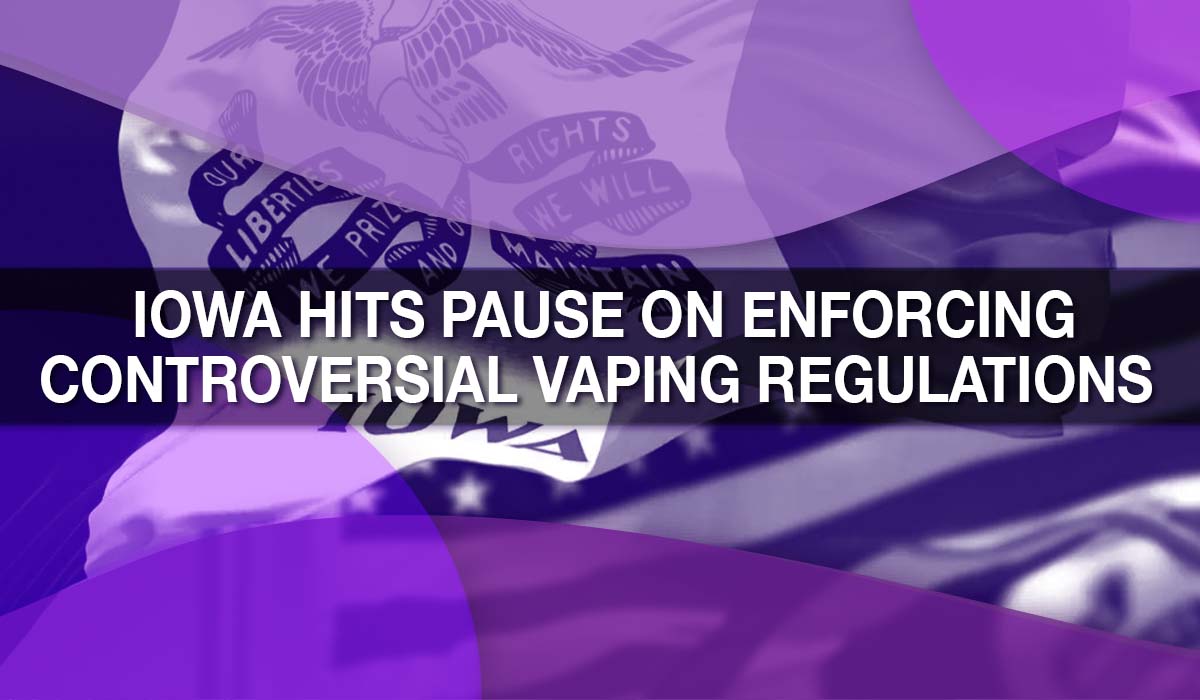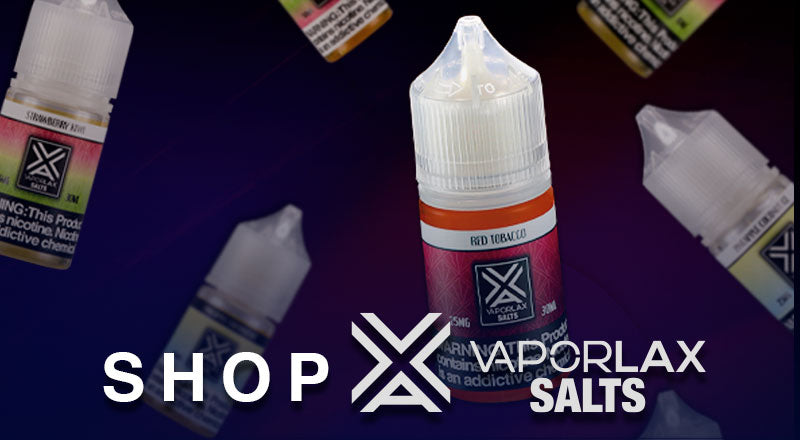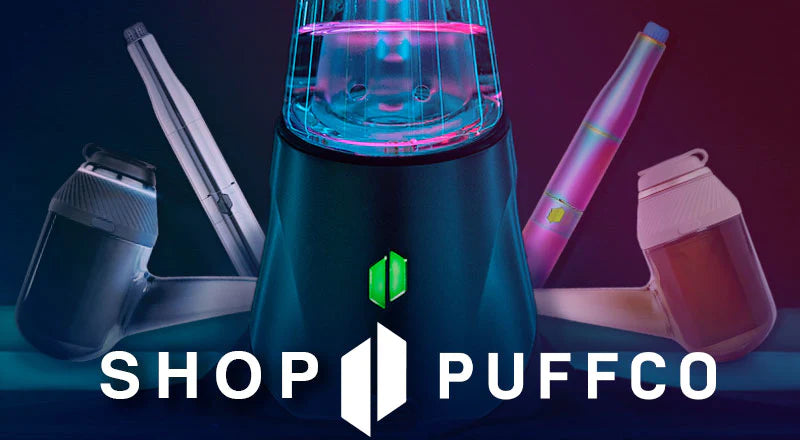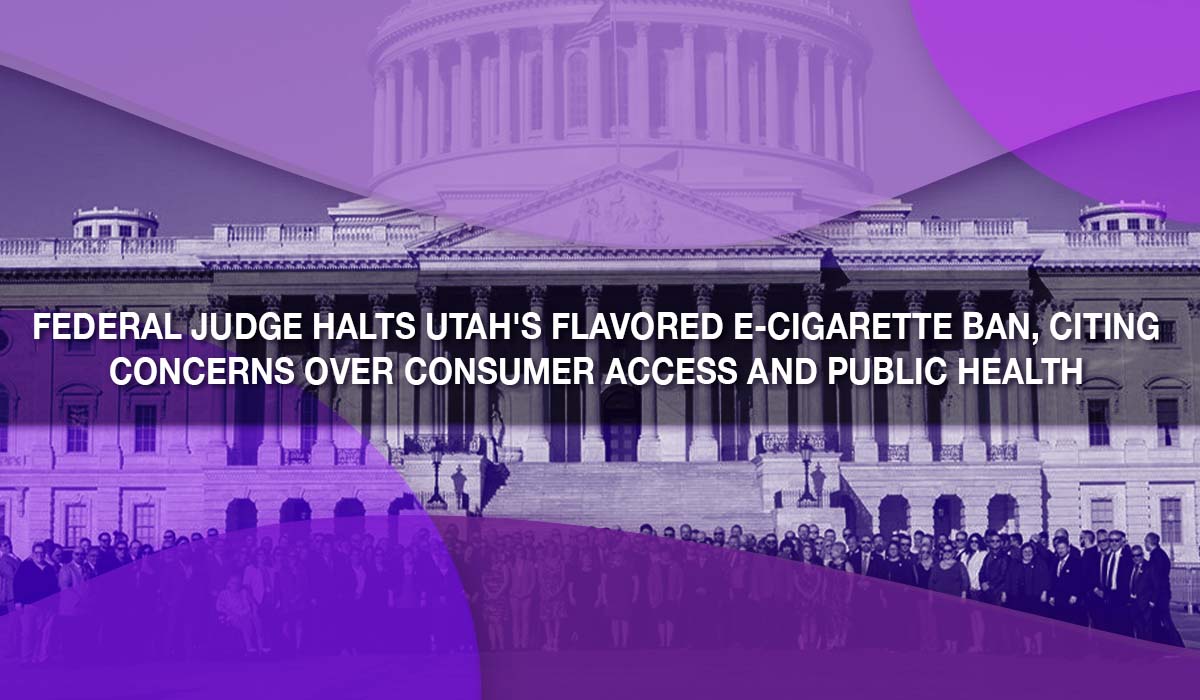
Iowa Hits Pause on Enforcing Controversial Vaping Regulations
In a significant development for the vaping industry, Iowa has temporarily halted the enforcement of House Bill 2677, a new law requiring e-cigarette products to obtain "marketing authorization" from the FDA. The decision comes on the heels of a lawsuit filed by a coalition of distributors and retailers challenging the constitutionality of the law.
The Controversial Legislation
House Bill 2677, passed earlier this year, mandates that all e-cigarette products sold in Iowa must have FDA marketing authorization—a stringent requirement that many argue is nearly impossible to meet due to the slow and costly FDA approval process. Proponents of the law claim it will ensure the safety and regulation of vaping products, but critics warn it will eliminate small businesses and drastically reduce consumer access to less harmful alternatives to smoking.
The Legal Challenge
The lawsuit, filed by a group of vaping distributors and retailers, argues that the new law violates both the U.S. Constitution and the Iowa Constitution. Specifically, the plaintiffs claim that:
- Commerce Clause Violation: By effectively banning certain products, the law interferes with interstate commerce.
- Equal Protection Violation: The law imposes disproportionate burdens on small businesses compared to large tobacco companies, which have the resources to navigate the FDA’s regulatory maze.
Iowa’s Temporary Halt
The state was originally set to respond to the lawsuit by Thursday but has requested an extension. The Iowa Department of Revenue has announced that it will delay enforcing the new regulations until a judge rules on the plaintiffs’ request for an injunction. This temporary pause gives retailers and distributors a reprieve but leaves the future of the law uncertain.
The Broader Implications
This legal battle highlights a growing trend across the United States, where states and municipalities are introducing increasingly strict regulations on vaping products. While these measures are often framed as efforts to protect public health, opponents argue they disproportionately harm adult smokers looking to switch to less harmful alternatives.
The FDA’s authorization process has been a point of contention for years. Critics point out that only a handful of vaping products have received authorization, leaving thousands of others in regulatory limbo. Many small and medium-sized businesses simply cannot afford the time or expense required to meet FDA demands, effectively handing the market over to large tobacco companies.
Industry Reaction
The vaping industry and harm reduction advocates have welcomed Iowa’s decision to hold off on enforcement. They argue that laws like House Bill 2677 punish responsible businesses and consumers while doing little to curb youth vaping—one of the primary concerns cited by lawmakers.
“The FDA’s process is already broken, and Iowa’s law only exacerbates the problem,” said a representative for the plaintiffs. “This isn’t about protecting kids; it’s about killing competition and limiting adult access to the products that help them quit smoking.”
What’s Next?
The court’s decision on the injunction will likely shape the future of vaping regulation in Iowa and could have ripple effects across the country. If the plaintiffs succeed in their challenge, it could set a precedent for other states considering similar measures.
For now, Iowa’s vaping industry and adult consumers are in a holding pattern, awaiting a judicial decision that will determine whether House Bill 2677 stands or falls.
Conclusion
As the debate over vaping regulations rages on, Iowa’s case underscores the need for balanced policies that protect public health without stifling innovation or limiting access to harm reduction tools. The pause on enforcement is a step toward ensuring that laws are not only well-intentioned but also fair, effective, and constitutional.
For the thousands of Iowans who rely on vaping to stay off combustible cigarettes, the stakes couldn’t be higher.









Leave a comment
This site is protected by hCaptcha and the hCaptcha Privacy Policy and Terms of Service apply.